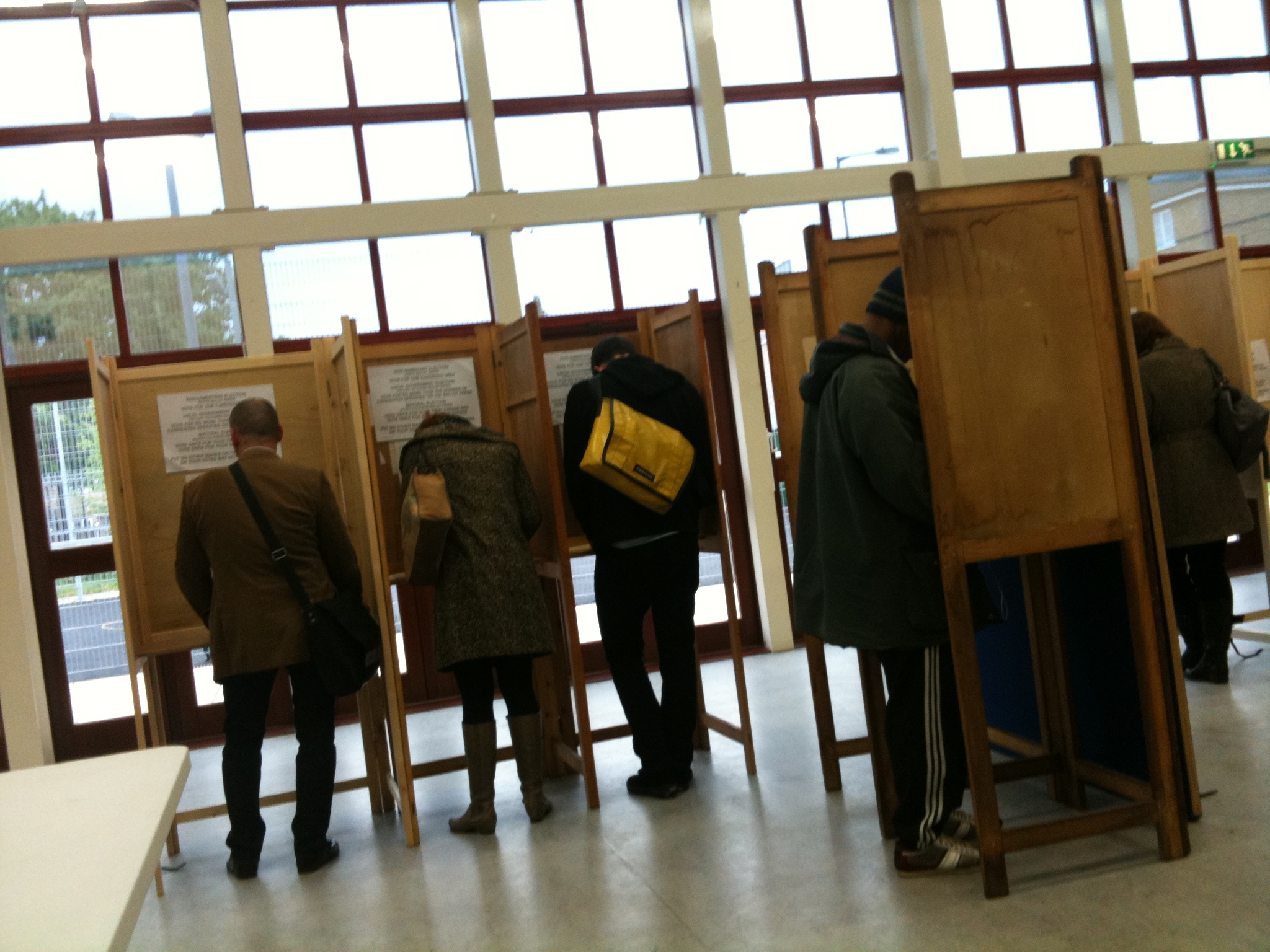Politics
Pennsylvania Man Faces Federal Voter Fraud Charges, Accused Of Voting In Two States

A Pennsylvania man is facing a federal indictment in which he is accused of voting in both Pennsylvania and Florida during the 2020 presidential election. He is also accused of voting twice in Pennsylvania during the 2022 midterm elections.
The U.S. attorney’s office in Philadelphia announced on August 9 that it had filed five federal charges against 62-year-old Philip C. Pulley of Huntingdon Valley. According to the indictment, Pulley allegedly violated federal election law by falsely registering to vote, voting in multiple locations and engaging in election fraud.
Pulley is accused of using a false Philadelphia address and social security in 2020 number when he registered in Philadelphia while he was already registered in nearby Montgomery County, Pennsylvania, and Broward County, Florida. During that year, he requested a mail-in ballot in Philadelphia and ultimately voted in both Montgomery County and Broward County, prosecutors allege.
Elsewhere in the indictment, Pulley is accused of voting in both Montgomery County and Philadelphia during the pivotal 2022 midterm elections, which featured a gubernatorial race and a U.S. Senate race.
Federal prosecutors allege that Pulley has a lengthy history of using his Huntingdon Valley address to vote from 2005 through last year. Broward County records indicate that he registered as a Republican in 2018 in Lighthouse Point, Florida, an address he has voted from multiple times.
Pennsylvania voting records indicate Pulley was registered as a Republican in Montgomery County from the 1990s until he changed it to the Democratic Party last year. A few years prior, in February 2020, he registered as a Democrat in Philadelphia — where he voted in general elections in 2021, 2022 and 2023, the records show, according to a report from the Associated Press.
If convicted, on each count, Pulley faces a maximum possible sentence of five years of imprisonment, three years of supervised release, a $10,000 to 250,000 fine, and a $100 special assessment.
CAST YOUR VOTE: Should Voter ID Be Mandatory In The 2024 Election?

